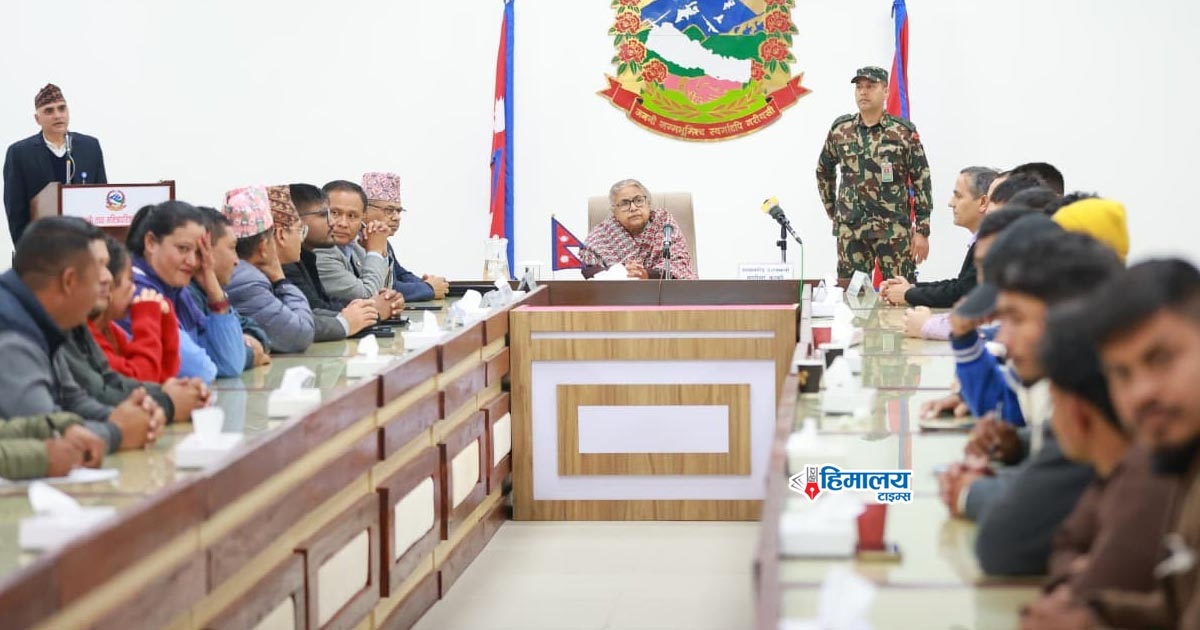
Even after more than seven decades of being displaced, Gaith Mousa, now 85, still occasionally reminisces about his homeland - a little village called Annaba in Palestine.
In 1948, Mousa and his family left Palestine to escape the conflict, eventually arriving in Jordan and moving between several refugee camps.
After years of hard work in the construction industry, Mousa has finally saved enough money to bring his family out of the Baqaa camp, the last stop of his refugee camp life, and build a house for his household.
While life moves forward, Mousa and his family never forget that they are Palestinians. He told Xinhua that he has long been yearning to return to his homeland, "even for a minute, to die there and be buried in my own country."
"For every Palestinian displaced to Jordan, home return is a shared dream," echoed Khaled Arar, a Palestinian lawyer who still resides in the Baqaa refugee camp in Jordan.
"This camp is a testament to the crimes committed by the Israeli occupation which is responsible for the displacement of Palestinians from their lands," lamented Arar.
Born in Qalandia, adjacent to Jerusalem and the West Bank, in 1957, the lawyer said his family was displaced to Jordan after the 1967 Arab-Israeli war.
The memory of the miserable life upon his first arrival at the refugee camp still haunts Arar. "We suffered greatly due to the lack of paved roads, causing us to sink into mud during the winter, which made life exceptionally harsh," he said.
Arar added that many refugees living here have now reached the third and fourth generations, with their longing for their homeland also being carried over from generation to generation.
"All of them aspire to return to their homeland," said Arar.
To express their longing for their homeland, refugees named different areas of the refugee camp after their home cities like Jerusalem, Nablus, and Hebron.
As per the UN Relief and Works Agency for Palestine Refugees in the Near East, over 2 million registered Palestinians now reside in Jordan. Despite the efforts of local governments and international organizations to assist the refugees, the sheer magnitude of the refugee population means they still have to grapple with challenges such as inadequate income and a scarcity of job opportunities.
To make a living, Saleh Banat, another resident of the Baqaa camp, diversified his work across various fields.
Over time, he transitioned from working in the construction sector to crafting canes for the elderly. Now, he started selling coffee grinders and portable coffee roasters.
However, due to factors like inflation and high unemployment, the local economy has been significantly affected, leading to a marked decrease in the sales of Banat's meticulously crafted canes and coffee grinders and roasters.
Currently, his seven sons are all working outside, only just managing to assist him in overcoming life challenges.
While the attention and assistance of the international community can help improve the living conditions of displaced Palestinian refugees, the ultimate solution to the refugee issue lies in facilitating their return to their homeland, Banat told Xinhua.
"I wish to return to my homeland, Palestine, because life there revives the soul as my father described to me," he said.
-XINHUA



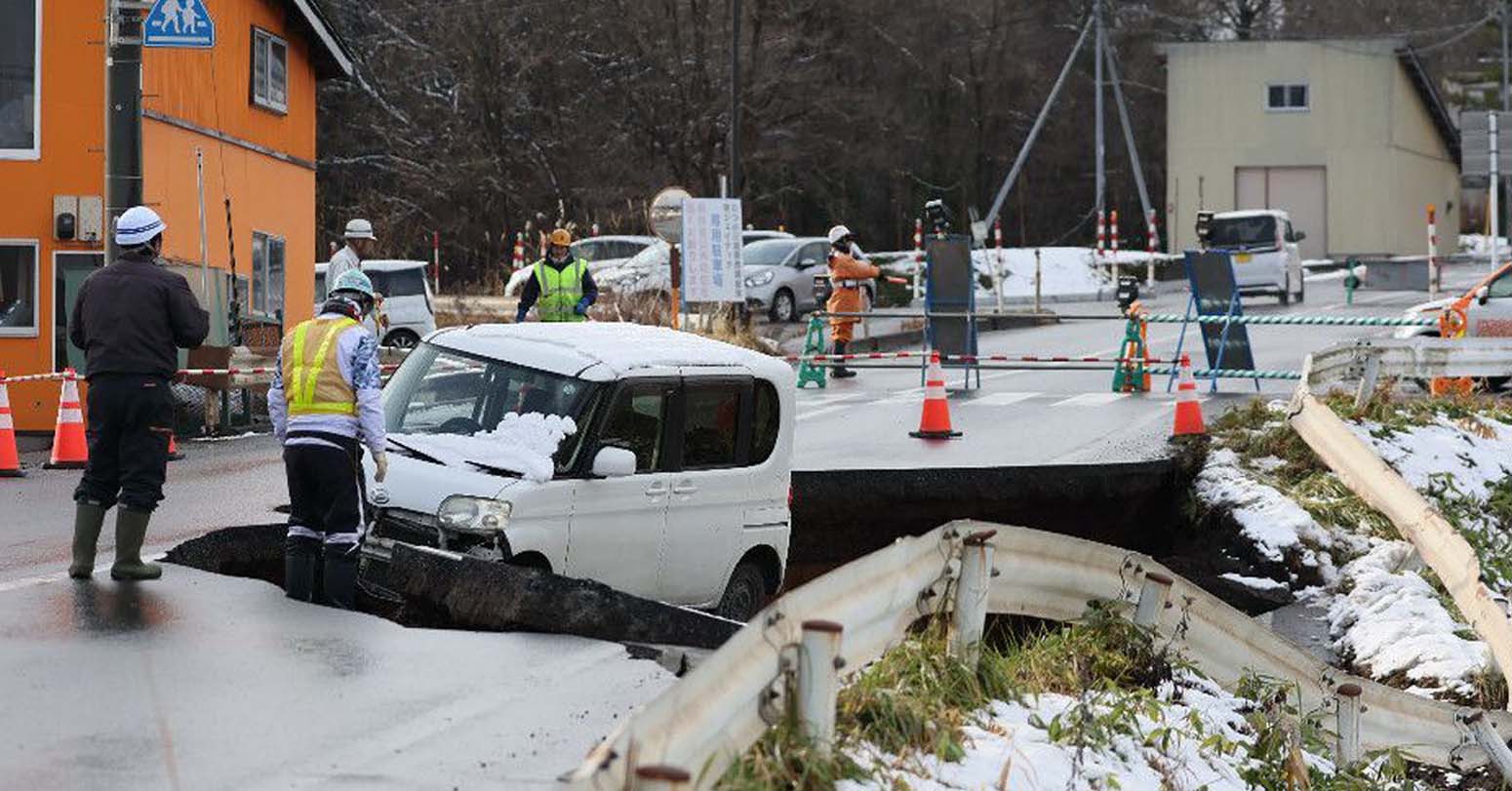
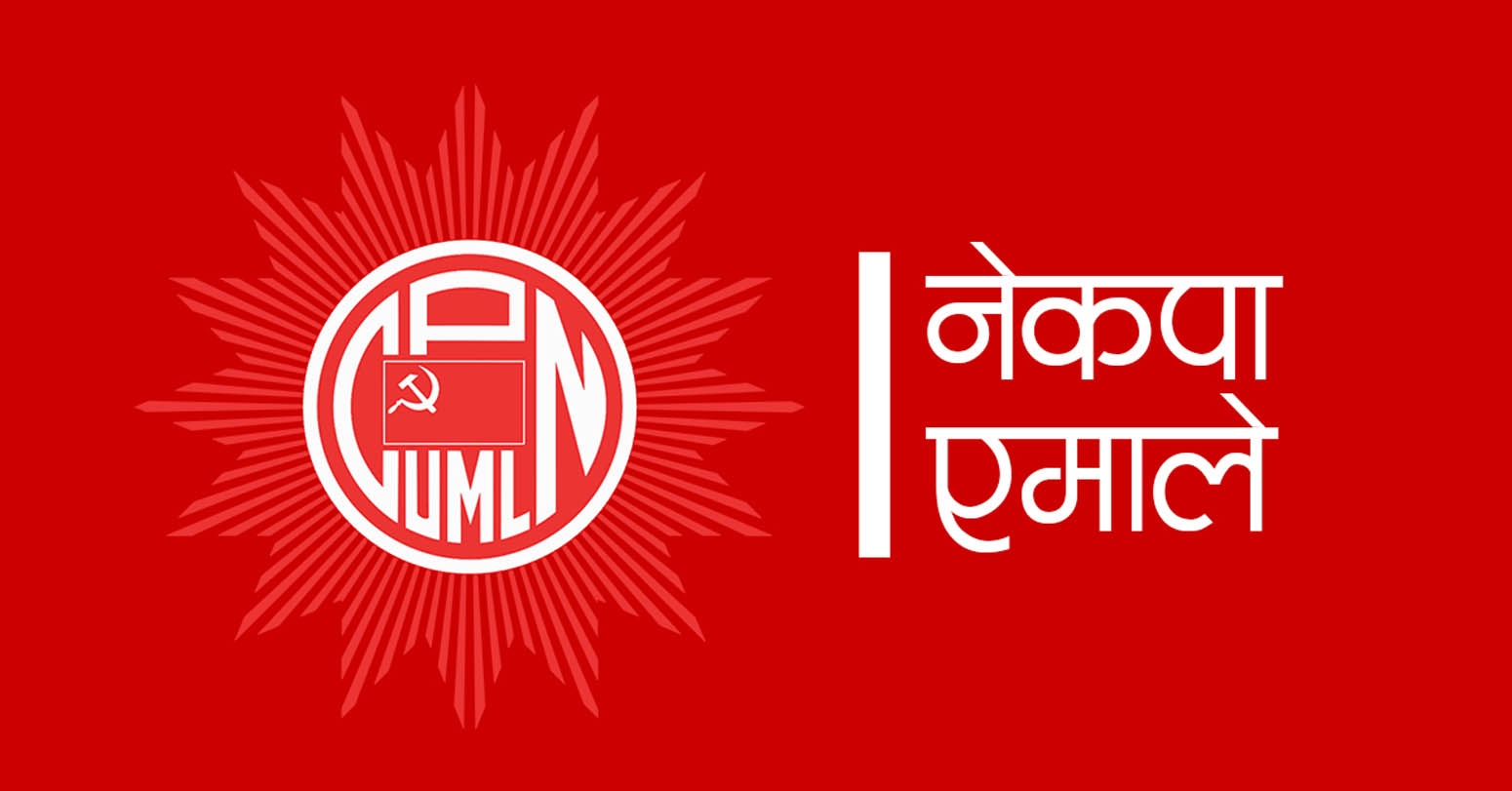
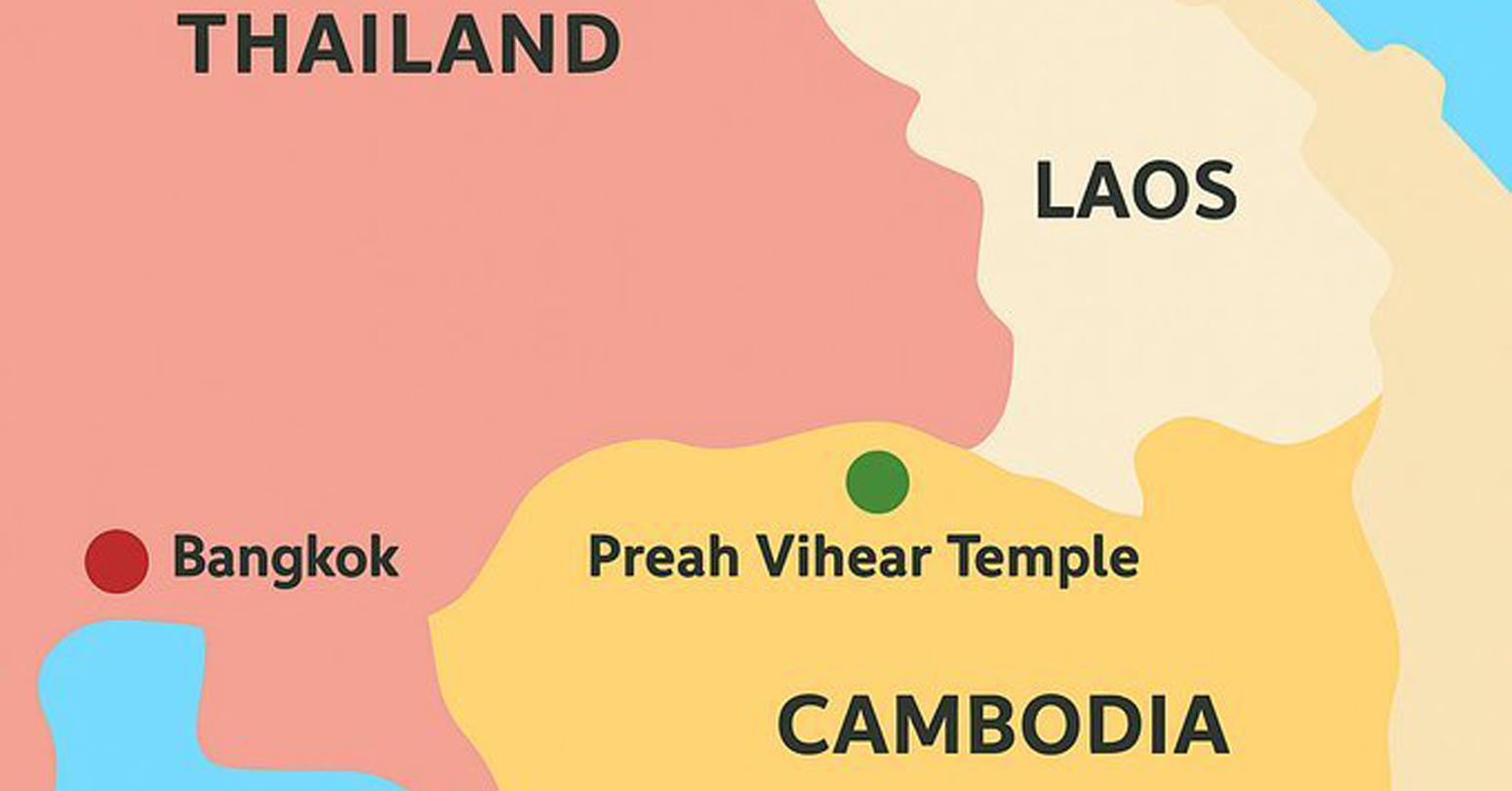
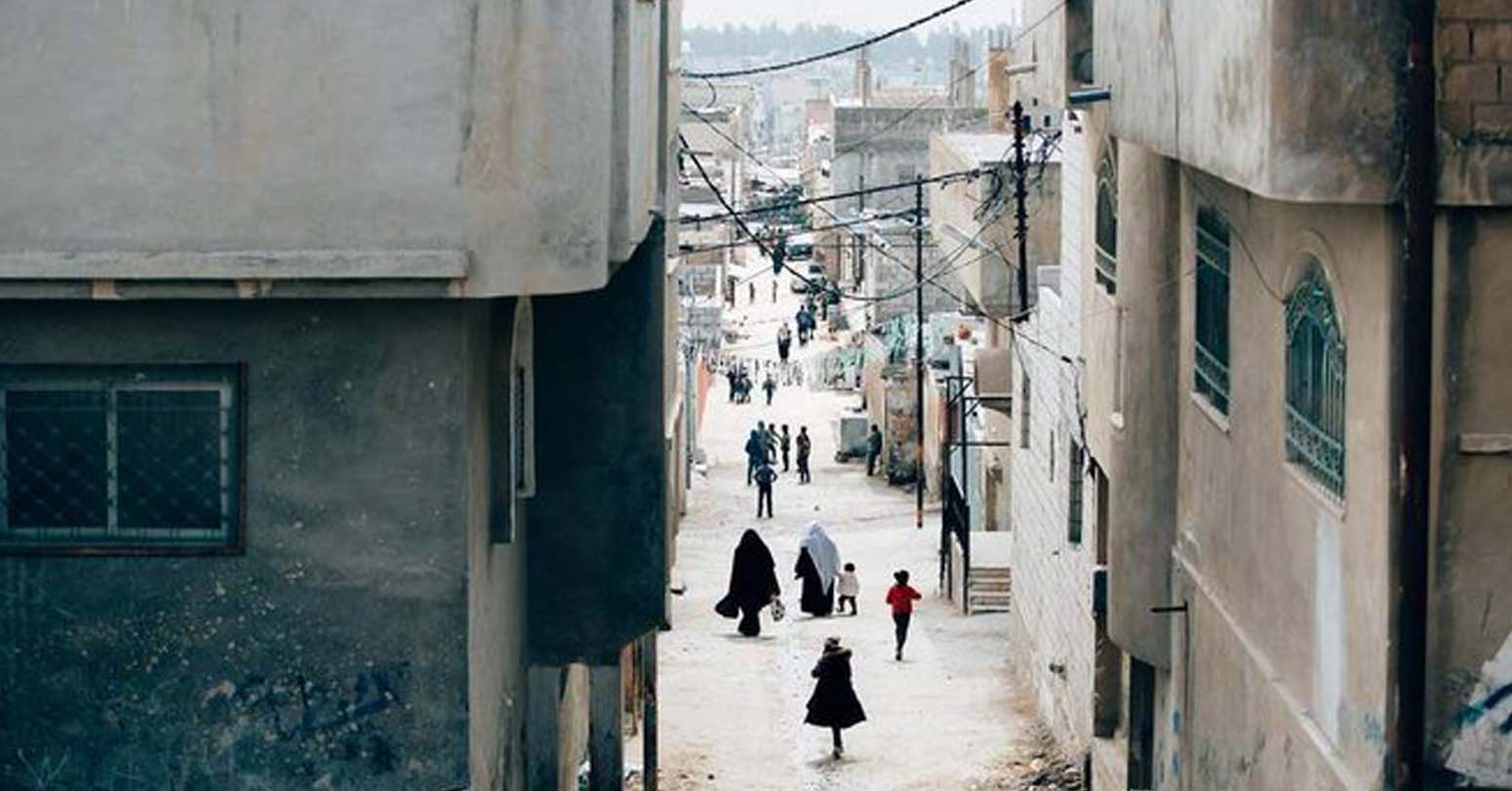
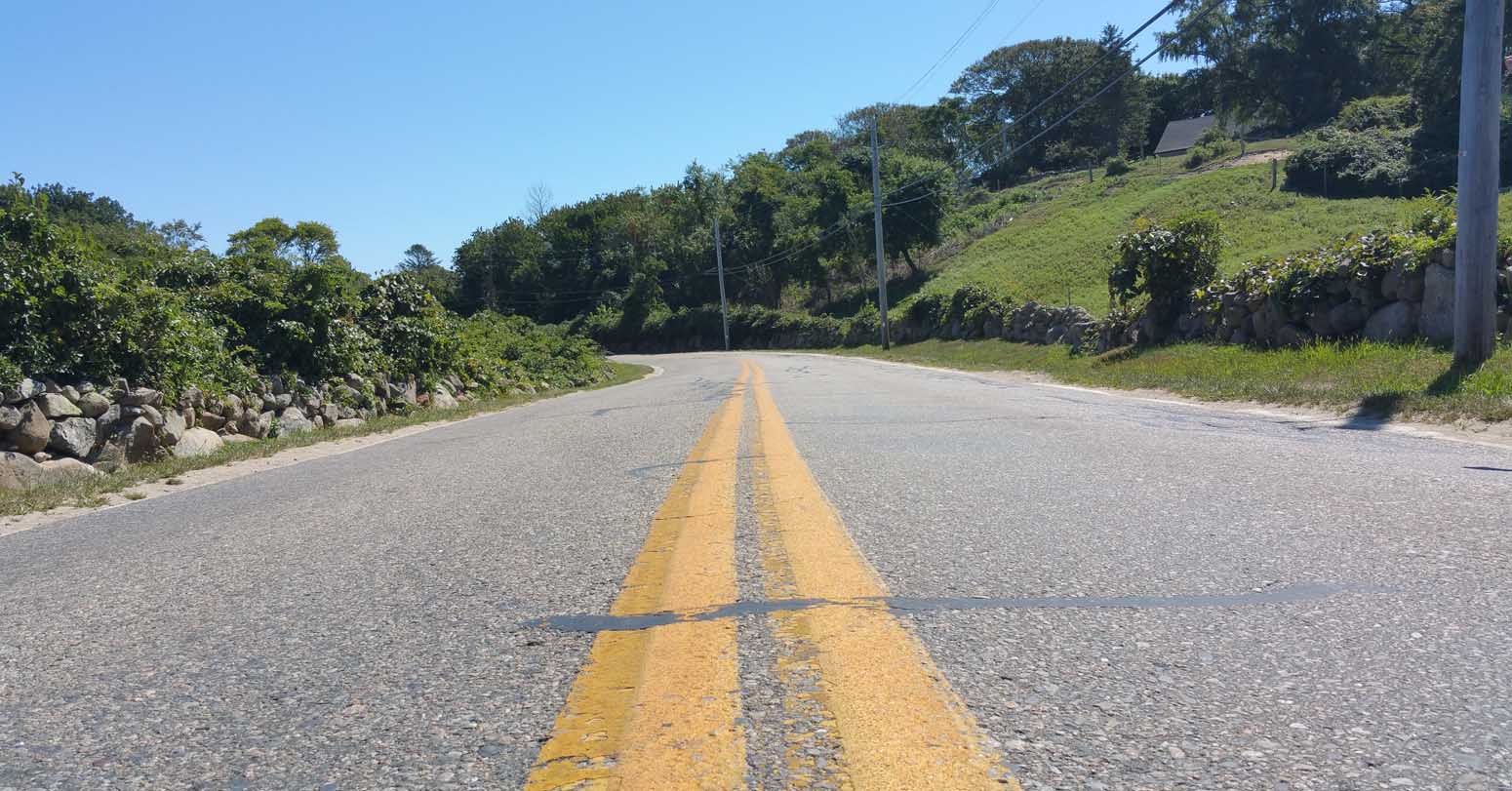





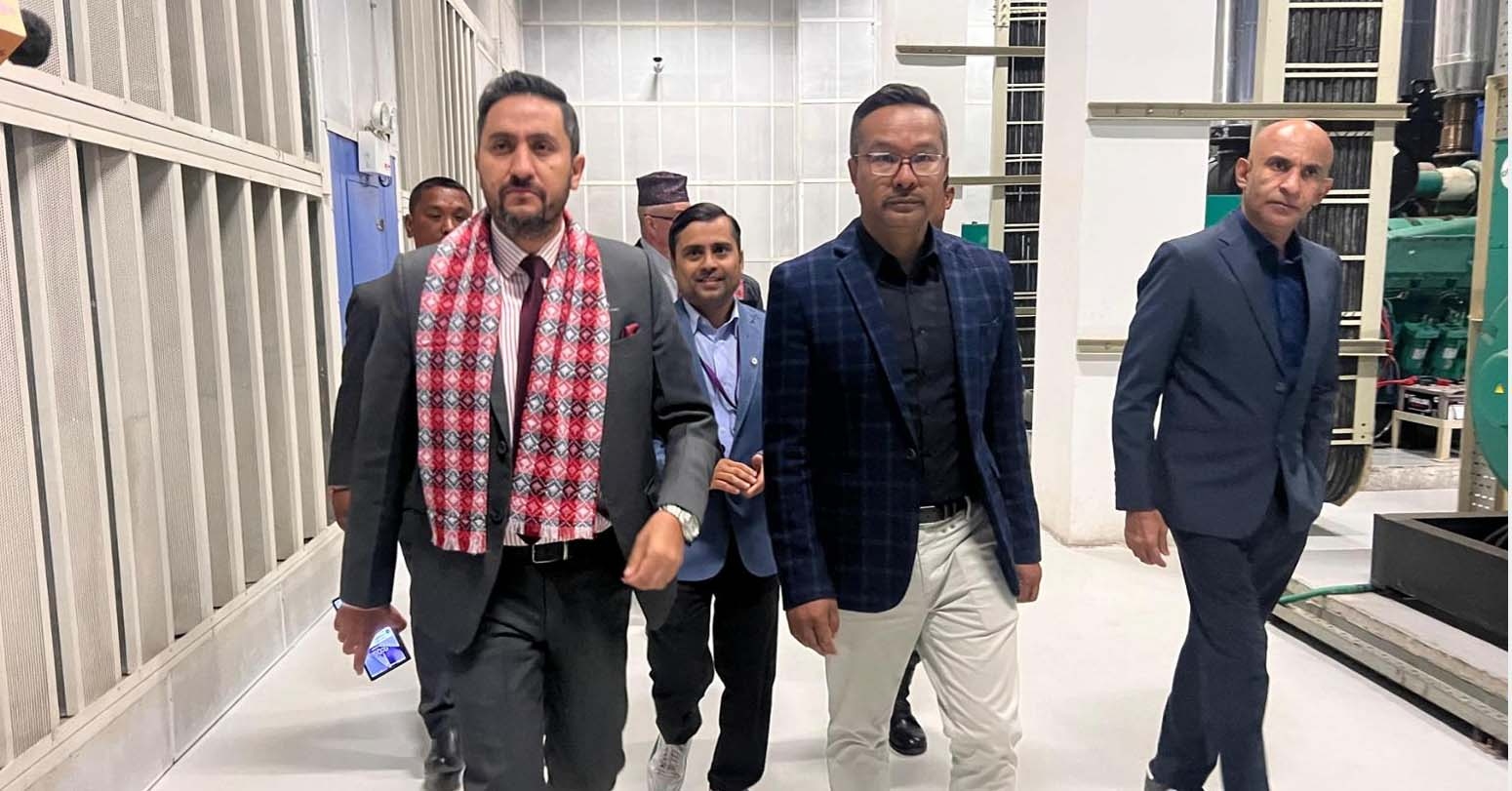


Middle-aged man spends millions to
Dr. Dharam Raj Upadhyay: Man
Children, Greatest Victims Of Sudan’s
Breathing The Unbreathable Air
Comprehensive Data Protection Law Critically
Gender Differences In Mental Healthcare